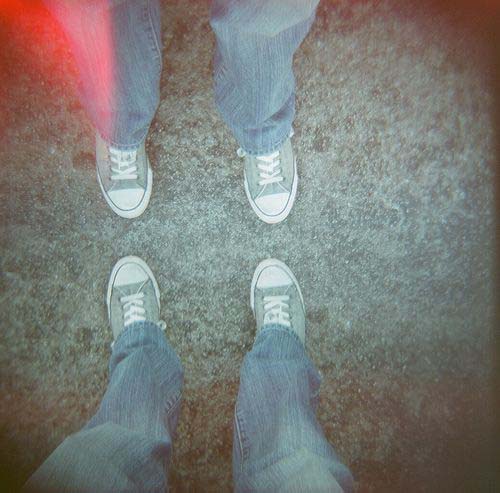Jungian Therapy & the Meaning of Dreams, 2: Meeting

For Jungian therapy, the meaning of dreams is much more of a living, vital reality than it is for various other psychological approaches to dreaming.

From the point of view of Jungian therapy, one way to construe a dream would be as a meeting between your everyday waking self, and parts of yourself normally outside consciousness.
A Meeting… OK… –But With Who, Exactly?
Neuroscience is giving us a clearer and clearer picture of the vastness of the unconscious mind, something which Jungian therapy has always emphasized.
And, here’s the rub for modern people. The unconscious isn’t controlled by the ego, and, very often, it has very different “perceptions” (for lack of a better word) about our experience and lives than does the waking mind.
In dreams there is an encounter between the waking ego, or, at least a subset of it that we can call the “dream ego”, and the unconscious mind.
David Eagleman, Author of Incognito
What Do They Want?
That’s often the biggest and most important question to ask of those figures that appear in dreams.
We can expect that they want somewhat different from the ego. The dream is acting as a corrective on the perspective and attitude of the ego. We need to incorporate something of that perspective into consciousness.
But the meaning of dreams is not “a message from heaven”, or the voice of God per se. We must take dreams seriously, but combine them with the awareness of our ego. We need to \ connect the ego’s perspective with the “perspective” of the unconscious mind presented in dreams.
Living in the Balance
Dreams lead us to meet the unknown or forgotten parts of ourselves. The dream bids us take a certain crucial kind of responsibility, by finding an attitude that takes the ego seriously, but also the deeper self. This is a fundamental part of the journey to wholeness
We’ll Meet Again
One of the very striking aspects of the meaning of dreams is the on-going dialogue between the conscious and unconscious minds. If we start to understand and “dialogue” with our dreams, we often find that subsequent dreams reflect our understanding and actions. Often the encounter with the “other me” in dreams is only one of a series of connected dreams — the dialogue goes on, as we take in more of the perspective of the unconscious mind. An important part of Jungian therapy is getting more and more attuned to the meaning of that dialogue.
[cta]
PHOTO: ![]() Some rights reserved by dno1967b
Some rights reserved by dno1967b
